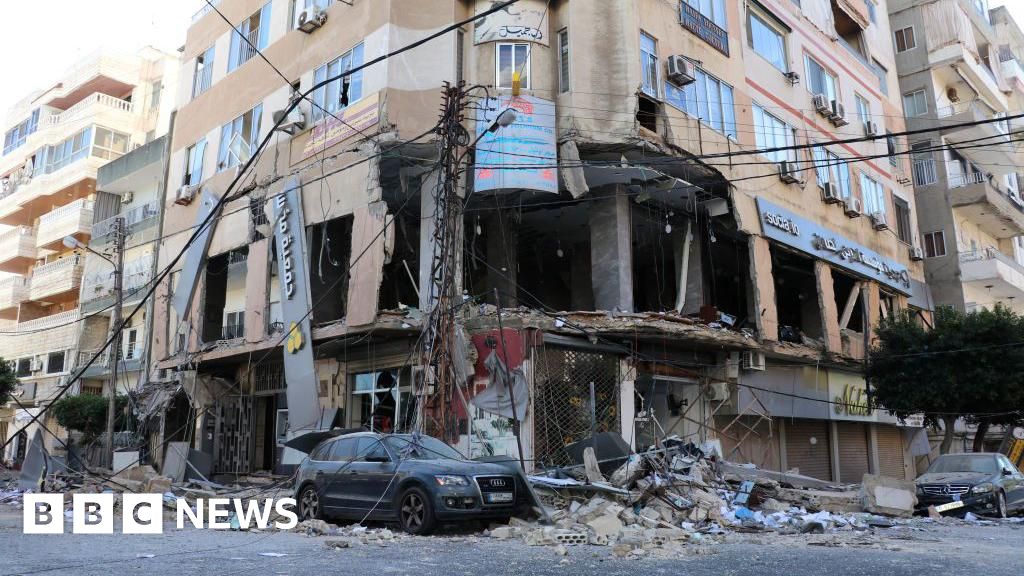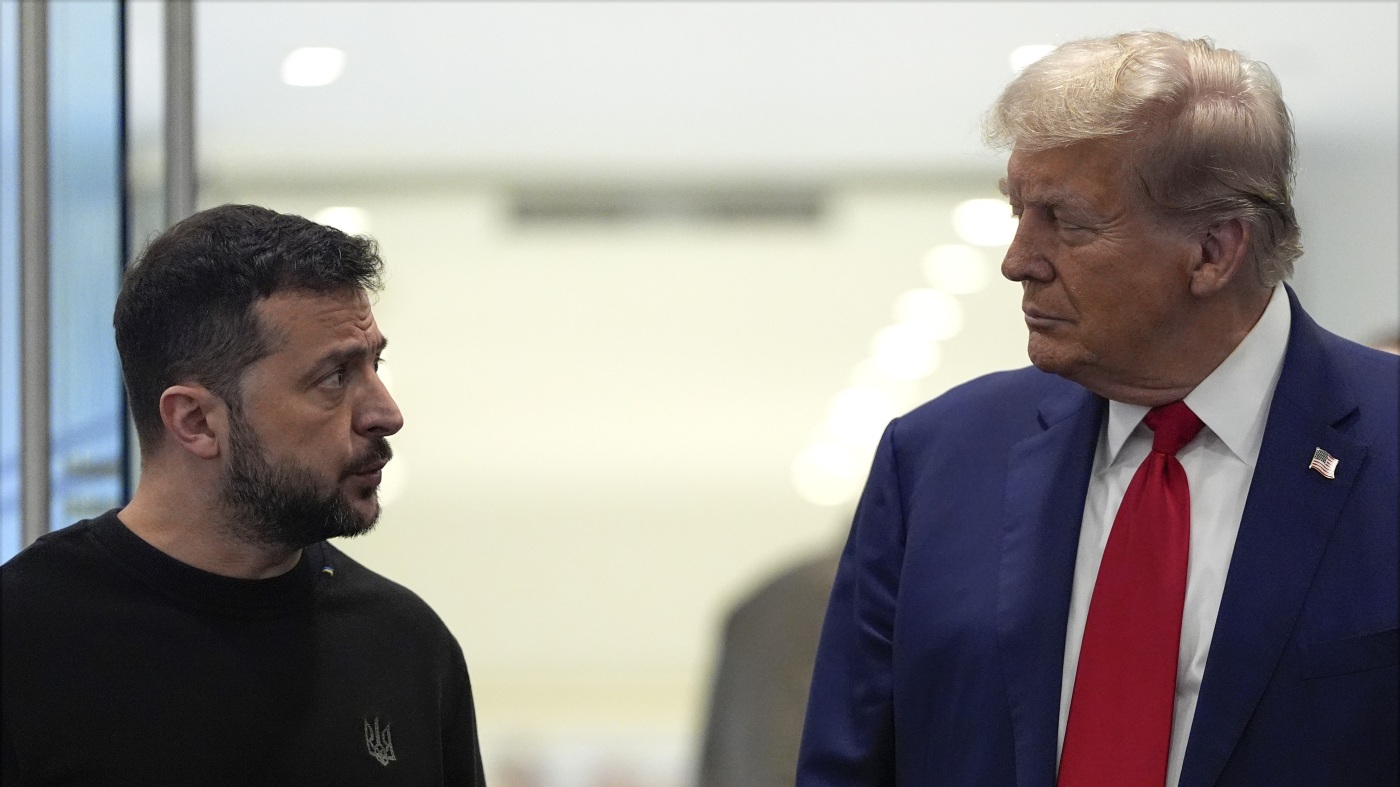The ICC's chief prosecutor Karim Khan has requested the Hague's top court to issue arrest warrants against Israeli and Hamas leaders. How significant is this move and how ICC operates?
The Chief Prosecutor Karim Khan said that he believes Israeli Prime Minister Benjamin Netanyahu, Defence Minister Yoav Gallant and three Hamas leaders - Yehia Sinwar, Mohammed Deif and Ismail Haniyeh - are responsible for war crimes and crimes against humanity in the Gaza Strip and Israel.
Khan's request for warrants will now proceed to one of the International Criminal Court's (ICC) pre-trial chambers for consideration by a panel of three judges. Currently, the chamber comprises judges from Romania, Benin, and Mexico.
If issued, the warrants would significantly restrict the ability of the individuals indicated to travel, as all 124 state members of the ICC would be obligated to arrest them. While the US is not a member, several European countries are.
What is the International Criminal Court?
The Rome Statute, which created the ICC, was adopted in 1998 and took effect when it received 60 ratifications on 1 July 2002. The court currently has 124 member states and although endorsed by the UN General Assembly, operates independently.
The ICC was established in 2002 to prosecute individuals responsible for the world’s atrocities - war crimes, crimes against humanity, genocide and the crime of aggression.
Chief prosecutor Karim Khan previously told Euronews: "The role of the prosecution is to make sure that there is accountability, that there's no safe haven for impunity."
The court's tribunal is based in The Hague and generally leads investigations into high-profile suspects. The ICC does not have its own police force and therefore relies on its member states to arrest its suspects.
Multiple countries did not sign up to the original Statue and therefore are not under its jurisdiction. Israel and Russia - which itself has also been the subject of allegations by the ICC- are not signatories.
The ICC becomes involved when nations are unable or unwilling to prosecute crimes on their territory, although the nation's ability to prosecute by themselves has previously been the subject of dispute.
Khan explained: "We do have provisions for genocide, war crimes, and crimes against humanity."
"We do have the capacity to charge not just direct perpetrators, the people that may be alleged to rape or kill or bomb, but military or political superiors. That is something that we have as a legal tool under the Rome Statute, and we will use it if the evidence calls for that."
The ICC has 17 ongoing investigations, issued a total of 42 arrest warrants and taken 21 suspects into custody. Its judges have convicted 10 suspects and acquitted four.
How is the ICC related to Israel and Palestinian territories?
Although Israel is not a member of the ICC, the court accepted "The State of Palestine" as a member in 2015.
Following this, the previous chief prosecutor announced she would open an investigation into potential crimes on Palestinian territory. Netanyahu has previously condemned this decision as biased.
Khan visited Ramallah and Israel in December, meeting both Palestinian officials and families of Israelis killed or taken hostage by Hamas militants in the October 7 attack that sparked the conflict.
After the visit, Khan said that an ICC investigation into possible crimes by Hamas militants and Israeli forces “is a priority for my office”.
Who else has the ICC charged?
Last year, the court issued a warrant for Russian President Vladimir Putin alleging that he was responsible for the abduction of children from Ukraine into Russia.
In response, Putin issued arrest warrants for Khan and the ICC judges.
Other high-profile leaders charged by the court include ousted Sudanese strongman Omar al-Bashir on allegations that he was responsible for genocide.
Former Libyan leader Moammar Gadhafi was captured and killed by rebels shortly after the ICC issued a warrant for his arrest on charges linked to the brutal suppression of anti-government protests in 2011.
What's the significance?
If the warrants are issued by the ICC, it will mark the first time in its history that an ally of the West and a leader of a Western-style democracy will be held to account. The ICC has previously been widely criticised for focusing too much on African countries.
In his statement requesting the arrest warrants, Khan underlined that the principle of equality was important in his decision, saying "Today we once again underline that international law and the laws of armed conflict apply to all".

 5 months ago
34
5 months ago
34








